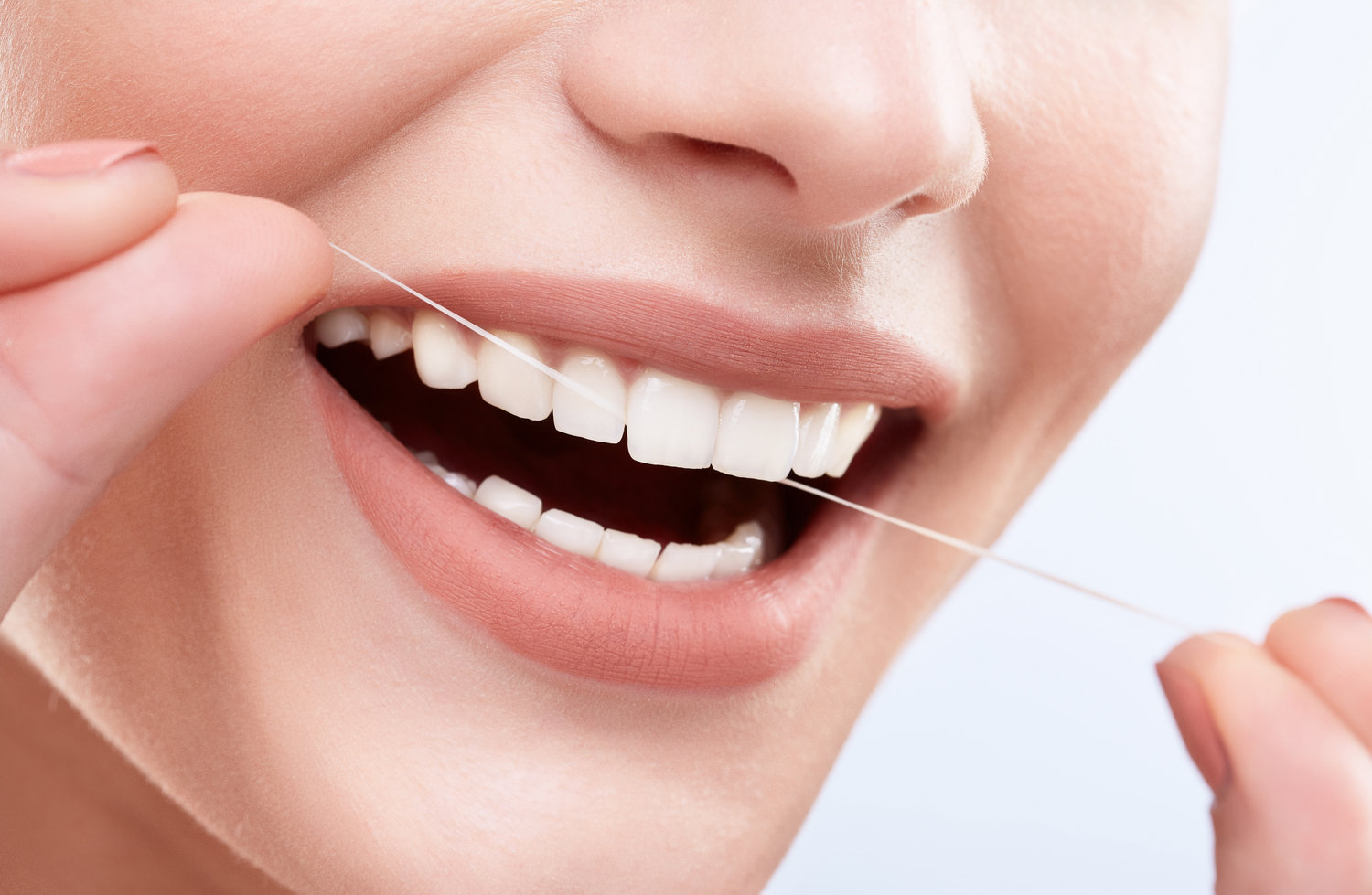
Do you get bad breath under your face mask?
Causes of Bad Breath
Most bad breath starts in your mouth, and there are many possible causes. They include:
- Food. The breakdown of food particles in and around your teeth can increase bacteria and cause a foul odor. Eating certain foods, such as onions, garlic and spices, also can cause breath odor. After you digest these foods, they enter your bloodstream, are carried to your lungs and affect your breath.
- Tobacco products. Smoking causes its own unpleasant mouth odor. Smokers and oral tobacco users are also more likely to have gum disease, another source of bad odor.
- Poor dental hygiene. If you don’t brush and floss daily, food particles remain in your mouth, causing bad breath. A colorless, sticky film of bacteria (plaque) forms on your teeth. If not brushed away, plaque can irritate your gums and eventually form plaque-filled pockets between your teeth and gums (periodontitis). Your tongue also can trap bacteria that produce odors. Dentures that aren’t cleaned regularly or don’t fit properly can harbor odor-causing bacteria and food particles.
- Dry mouth. Saliva helps cleanse your mouth, removing particles that cause bad odors. A condition called dry mouth (xerostomia) can contribute to bad breath because production of saliva is decreased. Dry mouth naturally occurs during sleep, leading to “morning breath,” and it worsens if you sleep with your mouth open. Chronic dry mouth can be caused by a problem with your salivary glands and some diseases.
- Medications. Some medications can indirectly produce bad breath by contributing to dry mouth. Others can be broken down in the body to release chemicals that can be carried on your breath.
- Infections in your mouth. Breath odor can be caused by surgical wounds after oral surgery, such as tooth removal, or as a result of tooth decay, gum disease or mouth sores.
- Other mouth, nose and throat conditions. Bad breath can occasionally stem from small stones that form in the tonsils and are covered with bacteria that produce odor. Infections or chronic inflammation in the nose, sinuses or throat, which can contribute to postnasal drip, also can cause breath odor.
- Other causes. Diseases, such as some cancers, and conditions such as metabolic disorders, can cause a distinctive breath odor as a result of chemicals they produce. Chronic reflux of stomach acids (gastroesophageal reflux disease, or GERD) can be associated with breath odor. Bad breath in young children can be caused by a foreign body, such as a piece of food, lodged in a nostril.
How is Bad Breath Diagnosed?
Your dentist will smell your breath, or use a bad breath detector (halimeter), and ask you questions about your problem. They may recommend you schedule an appointment for the morning, before you brush your teeth.
You can expect to answer questions regarding how often you brush and floss, the kinds of food you eat, and any allergies or diseases you may have. Tell your doctor how often you snore, what medications you take, and when the problem started.
To diagnose what’s causing your breath odor, your doctor will smell your mouth, nose, and tongue to try to determine the source of the odor.
If the odor doesn’t seem to be coming from your teeth or mouth, your dentist will recommend that you visit your family doctor to rule out an underlying disease or condition.

How Can I Prevent Bad Breath?
You should brush your teeth twice a day (while taking care not to overbrush).
Floss daily, making sure to get in between all of your teeth. Use antimicrobial mouthwash daily to kill bacteria. Brushing your tongue with a toothbrush or tongue scraper can also help remove bacteria.
Staying hydrated can often help to eliminate or prevent breath odor. Drink water to wash away food particles and keep your mouth moist. If you smoke, quitting can also help keep your mouth moist and free of odor.
There are several routines that can help prevent breath odor:
- Clean your dentures, mouth guards, and retainers daily.
- Replace your old toothbrush with a new one every 3 months.
- Schedule a dental cleaning and examination every 6 months.

Treating Bad Breath
There is no one treatment for halitosis. The treatment will depend on what is causing the problem. Avoiding dehydration and good oral hygiene, including brushing and flossing, are important. Some mouthwashes, lozenges and toothpastes can assist in fighting halitosis.
Gentle but effective tongue cleaning may also be required. A variety of tongue brushes and scrapers have been produced in recent years. The tongue should be brushed in a gentle but thorough manner, from the back towards the front of the tongue, keeping in mind that the hardest to reach back portion smells the worst.
People with chronic sinusitis may find the regular use of a saline nasal spray helpful. A course of an antibiotic, effective against anaerobic bacteria (such as metronidazole, to reduce the overgrowth of sulphur-producing bacteria), may also help. Speak to your dentist, doctor or chemist to identify the cause of your halitosis and to find the most effective treatment for you.
Talk To Us
If you have bad breath, review your oral hygiene habits. Try making lifestyle changes, such as brushing your teeth and tongue after eating, using dental floss, and drinking plenty of water.
If your bad breath persists after making such changes, see your dentist. If your dentist suspects a more serious condition is causing your breath odor, he or she may refer you to a physician to find the cause of the odor. Contact us or call us on 6921 9500 for more information.
